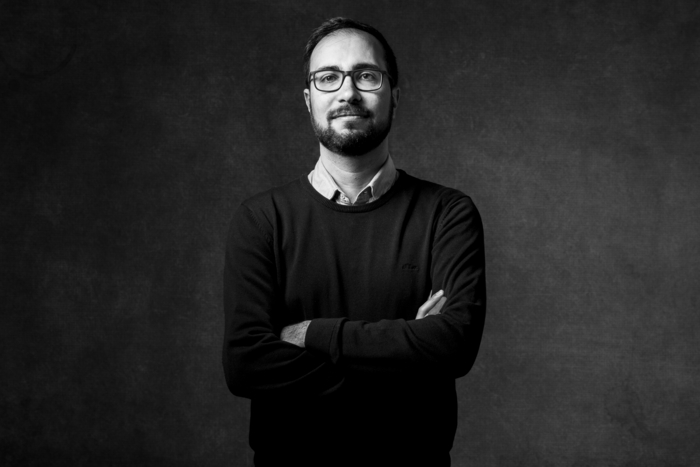The green energy transition and European climate neutrality in 2050 demand drastic change for many sectors. Approximately 3 per cent of global carbon emissions derive from the production of grey hydrogen, which is extracted from natural gas. The usual alternative to this is green hydrogen produced through electrolysis from renewable electricity and water.

Credit: Aarhus University, AU Foto
The green energy transition and European climate neutrality in 2050 demand drastic change for many sectors. Approximately 3 per cent of global carbon emissions derive from the production of grey hydrogen, which is extracted from natural gas. The usual alternative to this is green hydrogen produced through electrolysis from renewable electricity and water.
The electrolysis process splits water into hydrogen and oxygen, forming bubbles in the water. The bubbles are the main product of the process, but excessive bubble formation can decrease efficiency of the process. In fact, it is likely that bubble formation will be the primary bottleneck for hydrogen production in future large-scale facilities.
Assistant Professor Pourya Forooghi from the Department of Mechanical and Production Engineering at Aarhus University has received a prestigious grant of DKK 6 million (EUR 0,8 mio.) from the Villum Foundation Young Investigator programme for his project to investigate the problem and develop modelling tools for smart bubble management in future hydrogen production.
“We have a multitude of sub-millimetre bubbles that interact with each other and with the complex geometry of the anode and cathode, which today are usually made of metallic foam to optimise the process. We have heat transfer, electrochemical reactions and water, that is constantly flowing into the pores in the metal foam. It is a complex setup, so we have to understand the physics as a whole before we can predict the problem and develop a method to mitigate excessive accumulation of bubbles,” says Pourya Forooghi.
His project is called Heat and Bubble Transport over Complex Solid Surfaces, and it will kick-off in the summer to run for five years. A team of four researchers headed by Mr. Forooghi will be working on the project.
Among other things, the team will combine high-fidelity numerical simulations and laboratory experiments to shed light on the fundamental physics of the problem. The goal is to develop reliable modelling tools that can be used to deal with excessive bubble formation and might also be used in other technical contexts in which bubble formation is the root of a problem, ranging from chemical reactions to drag reduction on ship hulls.
“Our energy sector is fully engaged on adapting to greener and more sustainable alternatives, and this demands a joint effort from researchers, engineers, and industry. I think this project is a good example of how we can resolve an urgent challenge for society with detailed basic physics, and I’m looking forward to getting started on the project,” says Pourya Forooghi.
Villum Foundation Young Investigator grants are awarded to young, talented early-career researchers with ambitions to create their own independent research identity, and with potential to make significant contributions to scientific progress. The foundation earmarked DKK 126 million (EUR 17 million) for the programme this year.




